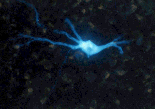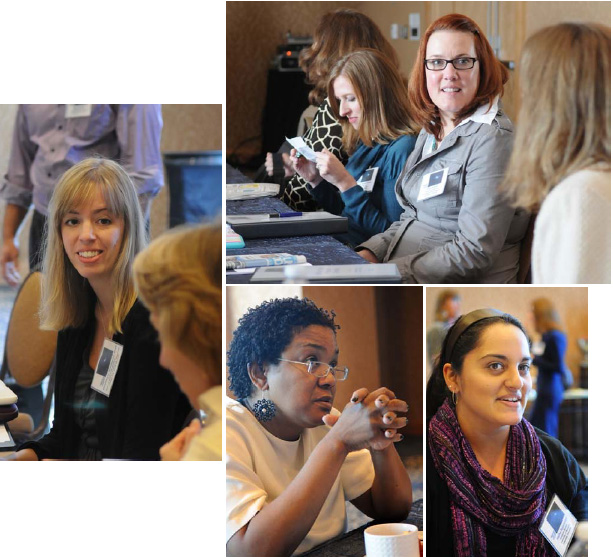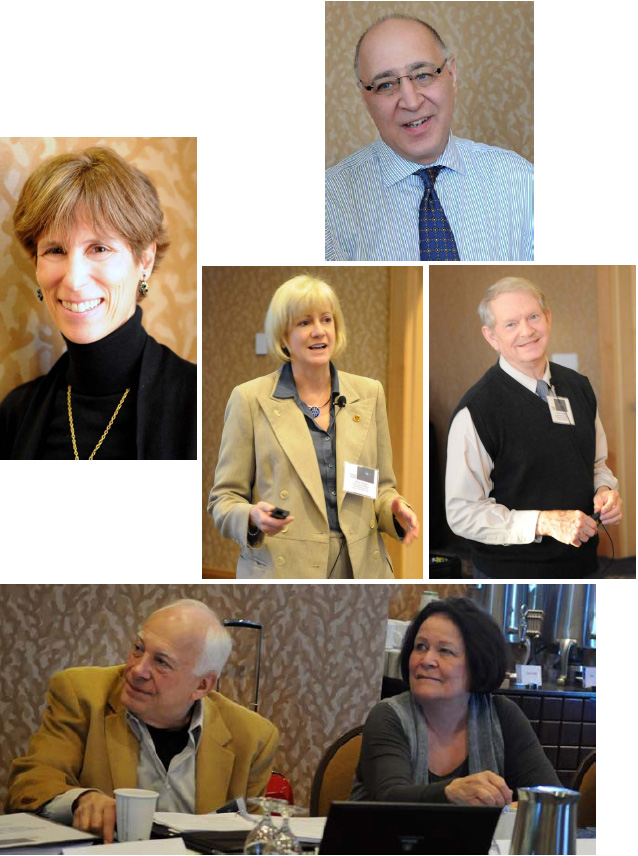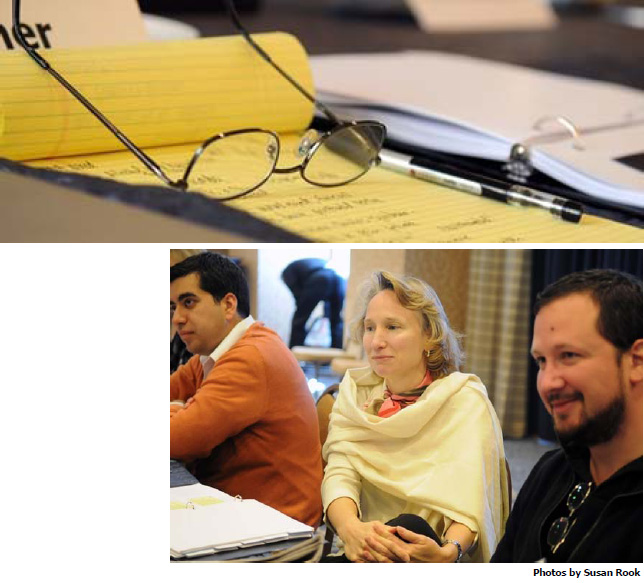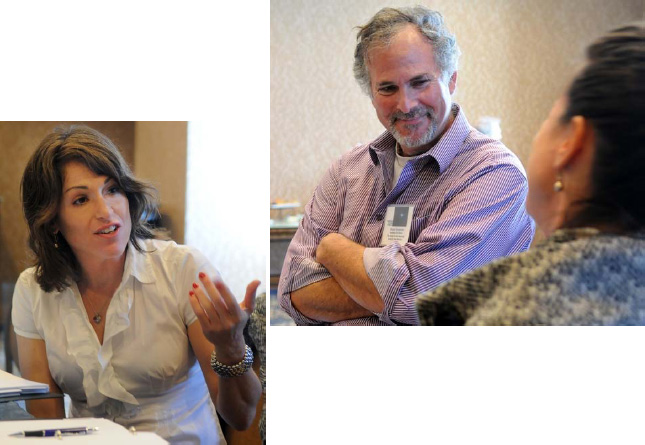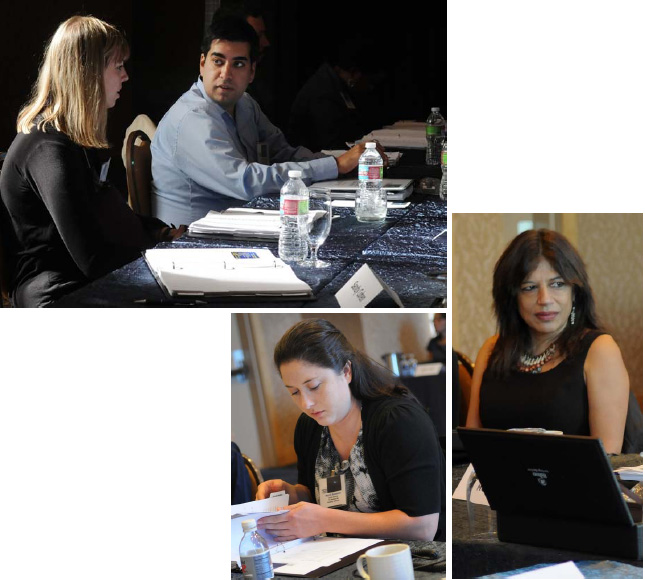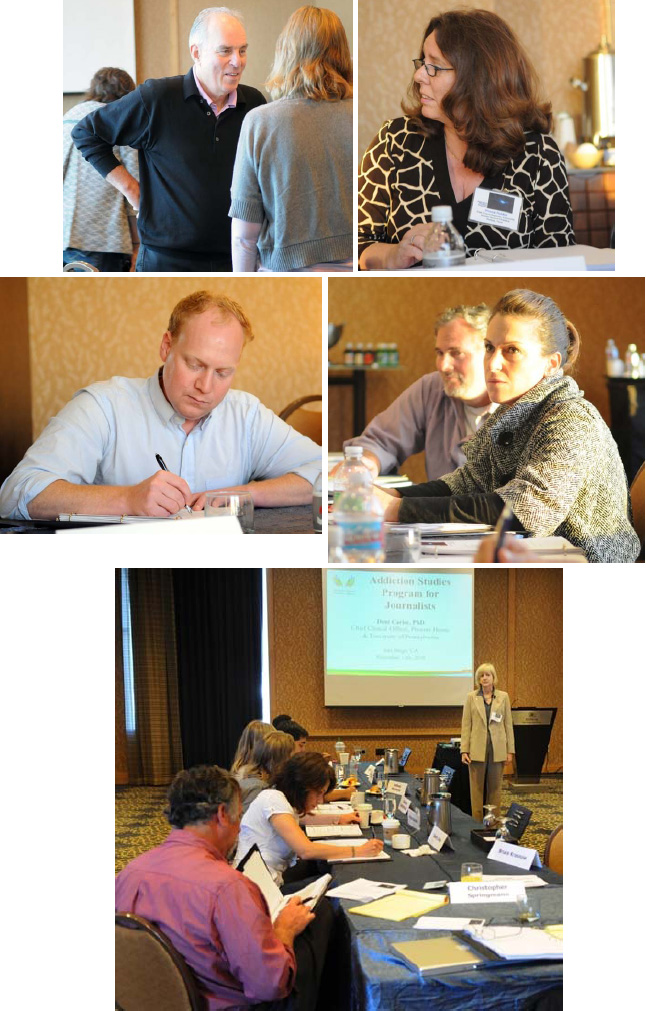Welcome and Introductions
—Great mix of people
—ages, experience, cultures of the attendees and the panelists too.
—Made me feel at home these people are
family. This notebook is excellent. Putting
space to write beside each frame is perfect.
History of Drug Abuse and Addiction
—Several historical facts Sue mentioned really
surprised me. I felt I really learned a lot from
this presentation
—She was amazing and her intro was the perfect
start to a fantastic day!
Fundamentals of Drug Action
—Fabulous science presented in a very understandable
way.
—Wow! She knows her stuff!
—Very well told
—complicated material made
easy to understand.
Neurobiology of Addiction I
—A very good overview of the transition from
abuse to addiction. Appreciated the discussion
about looking at addiction not as a moral problem
but an incurable disease.
—I especially appreciate the clarification on the
terminology. I cringe at thinking of past stories
where I could have used this knowledge.
Neurobiology of Addiction II
—Thanks for making this science easy to understand.
—Explanation of changes that take place in the
brain and genetic factors take the emotion out of
talking about addiction.
Does Prevention Work?
—Liked the concrete examples of intervention tools
that work and those that don’t. Interesting stats
about chance of DUI arrests in different countries.
—Great outline of successful and not so successful
public health strategies involving alcohol, drinking
age, advertising, and marketing.
A Personal Story of Addiction
—Susan’s story was honest and insightful. She
brought to life the information presented at sessions—
such as reduced free will, the connection to
mental illness, and change in functioning.
—This part of the program was mind blowing. And
in hindsight, genius that the organizers included it.
What better way to bring all these lessons home
than to personalize it. Same as we do in the news
is true for workshops, it seems.
Does Addiction Treatment Work?
—A very sophisticated story of drug abuse and
recovery, set in context of benefits with recovery
and subsequent success, then giving back to the
community. A very smart, thoughtful presentation,
devoid of self-pity.
—Great information. Used her personal story to
show the costs of not treating addicts and the benefits
to society of treatment. Interesting information
that initial motivation isn’t a factor.
Treating Drug Offenders
—Wonderful information—thanks!
—I’ve had it in my mind for a long time that NY’s
drug courts should be the next story in our heroin
coverage. This provided priceless resources.
Scientifically Reliable Internet Sources
—Thanks for mentioning Pub Med! I think that
journalists don’t use it enough.
—The more sources, the merrier. I worry about
how I’ll find the time to go through all of these
websites, but this was a great facet to include. A
point in the right direction is always appreciated.
Journalists’ Roundtable
—Great idea to hear other reporters’ ideas and
brainstorm them.
—This is what it’s all about. What are we going
to do with all of this newfound knowledge?
Considering I was the only one with direct
competition in the room, I was reluctant to share,
but after hearing everyone’s ideas, I couldn’t
resist chiming in to a good brainstorming session.
|
 |
Met Overall Expectations of Program
—The program’s filled so many “blanks” in my
knowledge about alcoholism and addiction, especially
genetic, environmental, family, and community
issues.
—I’m walking away with an exponentially better
understanding of addiction, its causes, and treatment.
I also have a number of credible sources
and resources that I lacked before the workshop.
—My brain is full! Now I just need time to assimilate
all this information into story ideas. I’m excited.
This program has shown me links between areas
I cover that I never thought of.
Will Improve My Reporting on Addition
—I will certainly take away the idea that addiction
is not a moral failing but an illness; sometimes
DA’s and cops use this type of thinking and I need
to temper it in my stories.
—It is impossible to overstate how helpful this will
be on future stories. The challenge now will be to
make the teachers proud and prove some of the
addiction myths discussed were in fact dispelled.
Will Use Program Materials
—Absolutely great material to mine for datafrom
CA prison reform to a philosophical discussion as to
addiction’s similarity to other diseases.
—We likely will have a teen alcohol abuse story
next month. This workshop will give me the push
I need to get back on the heroin series, although
not likely until the new year.
Will Visit Website
—Sources/contacts, with description of research
areas, backgrounds, what topics they feel comfortable
discussing for a daily news audience.
—And I will surely be passing along the links to my
colleagues.
Changed How I View Addiction
—A greater understanding of cause and behavior
plus increased compassion and empathy for those
with problems and. . .greater admiration for those
who have stopped drinking and drugging.
—I thought because I had reported a great deal on
the topic of addiction that I knew a lot about it. I
was clearly wrong.
Overall Quality of Program
—Gives an excellent overall sense of addiction and
some of the underlying causes of addiction.
—All the speakers were very well informed and
experts on their respected subjects. Ran like
clockwork and very well organized!
Changed How I Will Write About Addiction
—I got a better understanding of the science so I
feel better informed to write about health and addiction.
—Promoting the idea that drug addiction is like any
chronic disease is a very interesting perspective for
reporters.
—I now realize there are so many resources out
there to help with reporting and research and I
also see the problem of addiction is very widespread.
Liked Most About the Program
—Speakers were very informative and generally
experts in their fields. They were also very approachable
and described complicated concepts in
lay terms.
—Speaker interaction with participants and copies
of PowerPoint presentations given out. Liked viewpoints
of researchers, psychologists, and addicts.
Good mix of topics related to addiction.
Final Comments
—Thank you very much for having me at this informative
and inspirational workshop!
—Most of us are working harder than ever with
fewer resources. We need to do it all
—research,
write, report, post, and web. Thank you for this
opportunity to think and learn about this important
issue.
|

